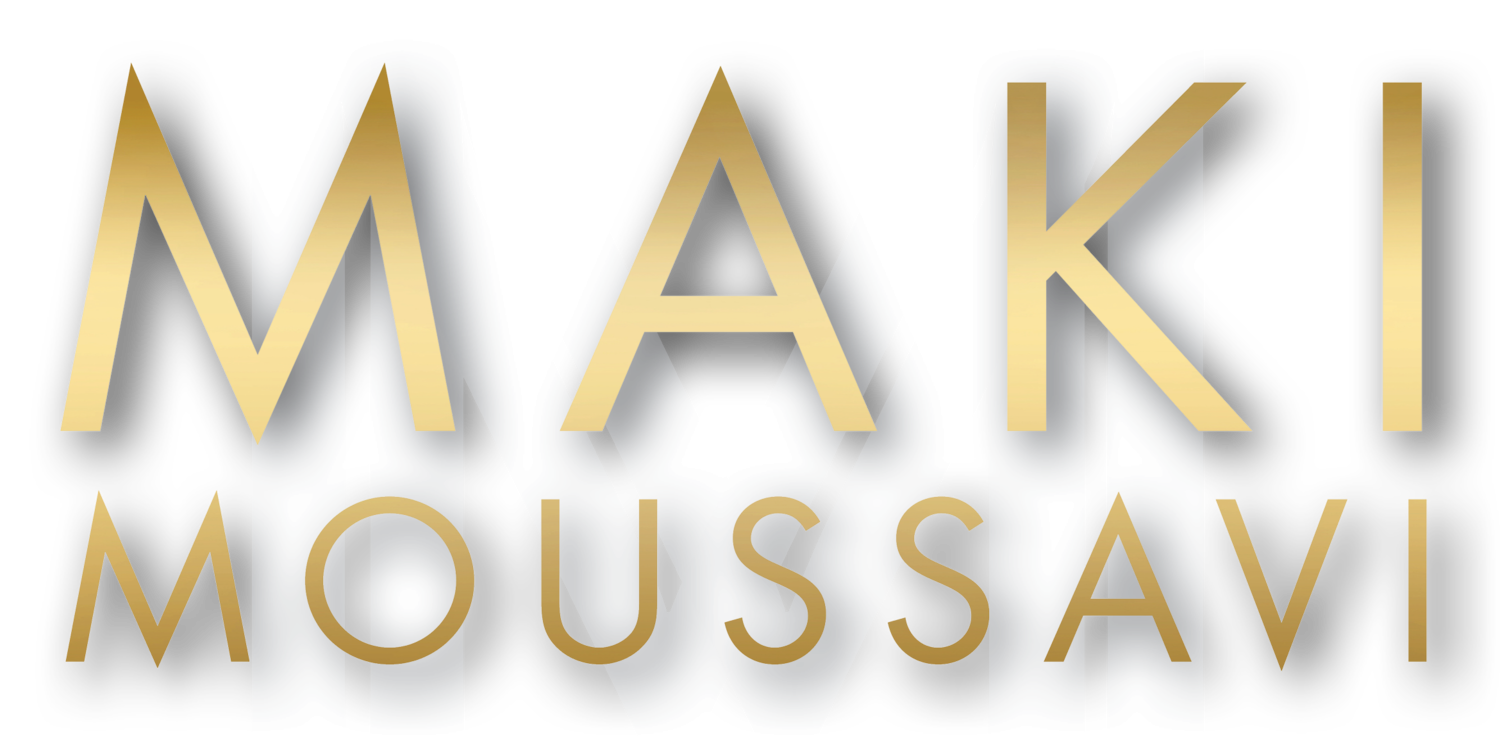Why traditional goal setting sucks - do this instead
Do you ever reach goals, feel flat and immediately start planning your next goal? Do the same goals go on and fall off your list in an endless, frustrating cycle?
If so, you're in the right place. Traditional goal-setting gets a lot of things wrong. This can be really confusing if you're a driven, Type A personality who's absolutely nailed the process of setting a goal and reaching it, because it can be hard to put your finger on *why* it's not satisfying or fulfilling, and why you have to keep dangling the next carrot in front of yourself in pursuit of that elusive element of satisfaction.
The way we're taught to pursue goals is very linear. You come up with your goal, the specific outcome you have in mind, then you reverse engineer the tasks and activities that will get you to that outcome. It's checklist oriented. Check the tasks of your list and boom - goal achieved.
So this process works, right?
Technically, it works in that you get the outcome you had in mind. BUT, if that was all that mattered, you wouldn't be here.
What the traditional approach doesn't take into account is WHY you feel driven to achieve in the first place, HOW pursuing a given goal will impact your life, and WHAT achieving that goal will do for you.
The traditional approach is highly focused on measurable outcomes and based on a foundation that doesn't have real substance. It's no wonder then that achievement of goals can feel empty, even if you kick ass at the achievement part.
The potential for this blog post to be a book was pretty high, so I decided to discuss this in depth on my podcast. You can listen to the episode that dissects this topic here, where I discuss:
The details of why the traditional goal setting approach is one-dimensional and limited
How to evaluate the way you're setting goals and what to consider
The three I's of what's missing from the traditional approach
The problem of magical thinking and how to identify whether it's an issue for your goal process
Why repeatedly putting the same unaccomplished goals on your list is not harmless
Around the 11:30 mark, I encourage you to get out your journal and do some thought exercises to evaluate your process. Here are some prompts in case you’d like to skip to this part before you have a chance to listen.
How are you setting goals today?
Evaluate how rote measurement (it has to be more/bigger than last year, for example) creeps in.
Are you creating goals based on comparison to others, e.g. John did x, y, and z and was promoted, so if I do the same I will get a similar outcome.
Are you looking for validation? If you accomplish said goal, will it mean you're good enough for...fill in the blank.
Take a goal you have in mind now and ask yourself the following questions: How will pursuing this goal impact your life, for better or worse? What will achieving this goal do for you? Why does this goal matter? How do you want to feel upon achieving it?
Does this resonate? I want to hear from you!
